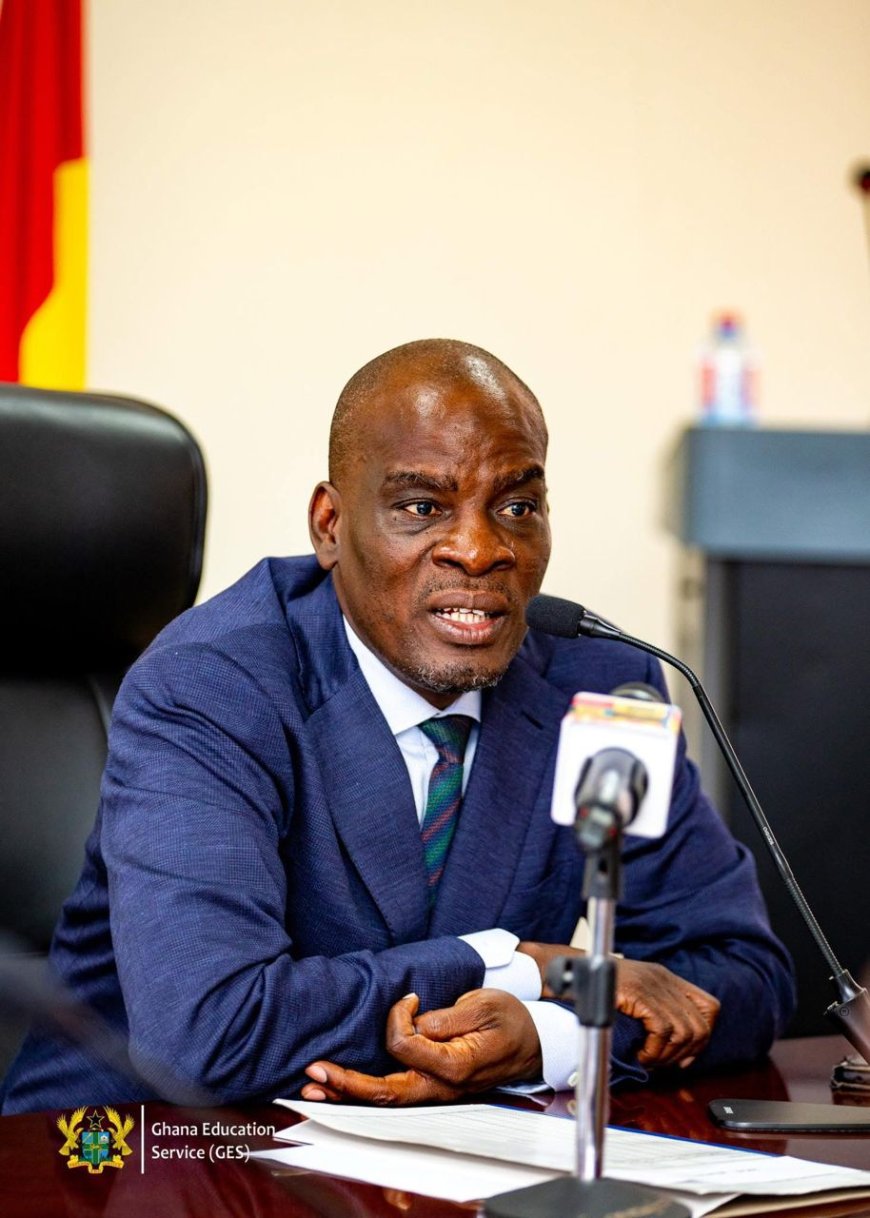Ghana's Education Ministry Scraps Teacher Licensure Exams, Establishes Committee for Alternative Assessment

Accra, Ghana - 27 April, 2025 - Ghana's Education Minister Haruna Iddrisu has inaugurated a National Teaching Council (NTC) Committee to develop a new framework for assessing teacher qualifications, shifting the focus from standardized licensure examinations to academic training and practical fieldwork.
The move aims to transition from the current licensure exam regime to a new assessment system, with the committee expected to provide professional advice on the transition process.
The Minister has proposed giving candidates who previously failed the licensure exams a one-time opportunity to retake them before the examination system is discontinued.
"With further advice, I want to say that one last opportunity of a resit of the licensure exams for those who couldn’t make it the last time must also be part of your recommendations. What do we do? Do we offer them an opportunity of a resit?" he queried.
This reform is part of the National Democratic Congress's (NDC) manifesto pledge to abolish teacher licensure exams.
The Minister emphasized that the new approach should incorporate academic training and practical fieldwork into the teacher education curriculum.
"Yes, it’s true the NDC campaigned on the manifesto promise—we will end licensure exams. We did, and we will keep faith with the electorate. But I need professional advice on this matter. That is why I’m putting this committee together to advise, most appropriately, how to work through the transition. A transition from a licensure exam regime to a no-licensure-exams regime," Mr Iddrisu stated.
“In our manifesto again, it was our pledge to incorporate it into the curriculum of teacher training institutions… that it becomes part of their curriculum,” the Minister added.
Iddrisu also highlighted concerns about the caliber of graduates emerging from tertiary institutions, emphasizing the need for the Ghana Tertiary Education Commission (GTEC) board to prioritize improving the quality of higher education and ensuring graduates are adequately prepared for the workforce.
“Focus primarily on the regulatory mandate of the Commission, and in particular, as you are aware, higher education remains the exit point for many young people getting exposure into the world of work,” he concluded.
Source: Lead News Online

























































